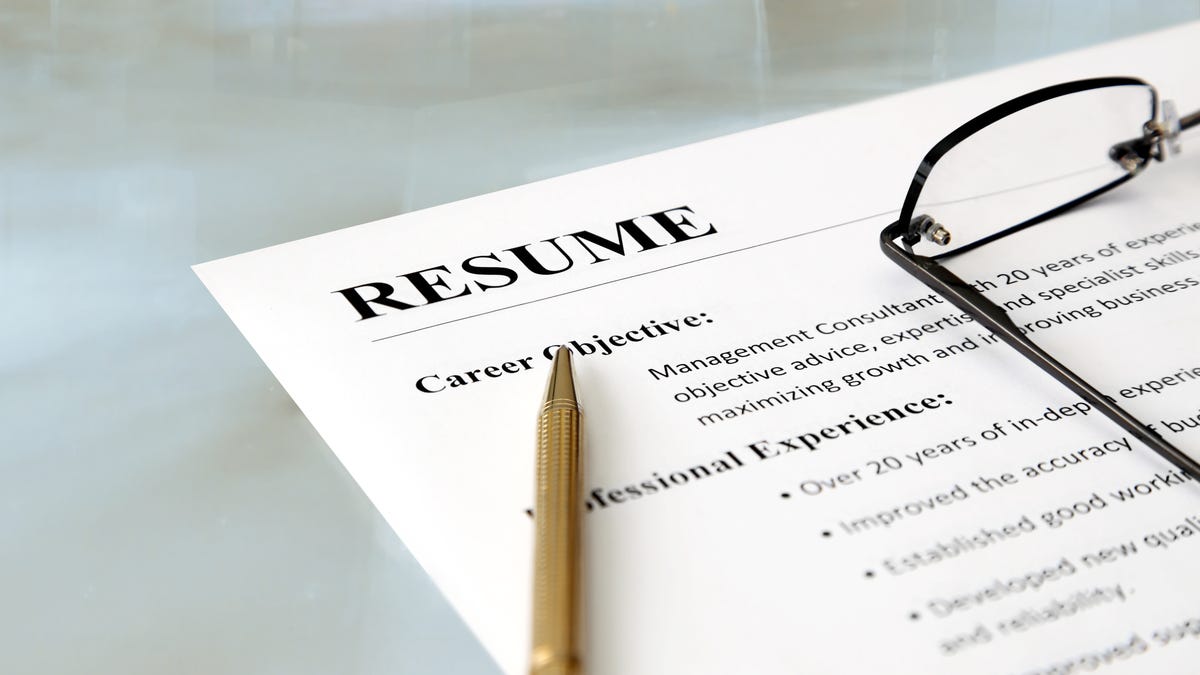When Can a Resume Be More Than One Page? - 4 minutes read

When it comes to business etiquette, a few unwavering standards seem to exist, without any definitive rules explaining why—consider the expectation that you will always send a thank-you note after an interview. And while the choice of file format to use when emailing your resume may depend upon why you are sending it, another common question haunts many job-seekers: How many pages can (or should) that resume be?
Traditional wisdom often dictates that a one-page resume is the way to go, as that will offer potential employers the most succinct, at-a-glance summation of your talents and expertise. But if you have loads of experience and accolades worth noting, why should you limit yourself to such an abridged CV? As with most things related to job-seeking, it turns out the answers to these questions aren’t definitive, but more set of guidelines to consider—but if you keep a few basics tenets in mind, they shouldn’t pose too much of a problem.
Entry-level workers should have shorter resumes
Naturally, it’s easy understand why someone who’s just starting out would have a shorter resume. Their careers are only beginning and they don’t have the breadth of experience that might otherwise extend the resume of a seasoned professional. So if you’re just starting out, don’t feel the need to pad your resume with high school accolades and college clubs—stick to what’s relevant to the position you’re applying to.
But if you’re a more experienced worker attempting to switch careers, it might also be that you don’t have a lot of experience entirely relevant to the new field you’re entering, so your CV might need to be slimmed down as a result. It’s often said that recruiters spend six seconds skimming a resume before determining whether or not they’d like to scrutinize a candidate further, so it’s imperative that you be concise while still presenting yourself in the best possible light.
As Moira Lawler writes for the recruiting platform Monster, you should emphasize keywords that both address the experience you do have and indicate that you understand the specific demands of the job you’re applying for. Among the most important things to keep in mind, she notes:
Being strategic with keywords, quanitifying your achievements, and, most importantly, keeping it concise. This way, your resume will make a good first impression on the recruiter, as it typically serves as your first point of contact when you apply to a company.
In other words, if you have a really short CV, it’s important that what is listed there illustrates you understand of the demands of the job, and shows you are capable of meeting them.
When resumes can (and should) be longer
When I was just starting out, I was told by an older colleague that my resume always had to be one page, no exceptions. I haven’t exactly abided by that rule since, and the decision hasn’t been detrimental to my career at all (at least, I am presently employed).
If you’re going to have a long-ish resume, you have to make every inch of that space count. It’s far better to have a concise and economical one-page resume than a rambling and incoherent two-page resume. But if you have a lot of relevant experience and accomplishments to tout, there’s nothing wrong with stretching your credentials across two, or even three pages.
Marc Cenedella, the founder and CEO of the career resource site Ladders, suggests a general rule: For people who have been in the workforce for 10 to 25 years, a resume of two pages is required. For people with a career under ten years, a one page resume is likely sufficient.
And when it comes to going longer, he advises:
Two pages are sufficient length to detail your background, successes, and past assignments. This length allows you to show the progression of your career over the decades while providing enough detail on the past five years to give a very strong sense of your capabilities and accomplishments to the audience for your resume.
If you happen to be in the camp of workers with less than 10 years of experience who still has particular awards or achievement to note, the protocol is to be as concise as possible, even if you do stretch to a second page. In short, you don’t want it to look like you are trying to stretch your experience over more than one page, so that if and when you do, you can be confident it’s because your accomplishments merit the extra breathing room.
Source: Lifehacker.com
Powered by NewsAPI.org